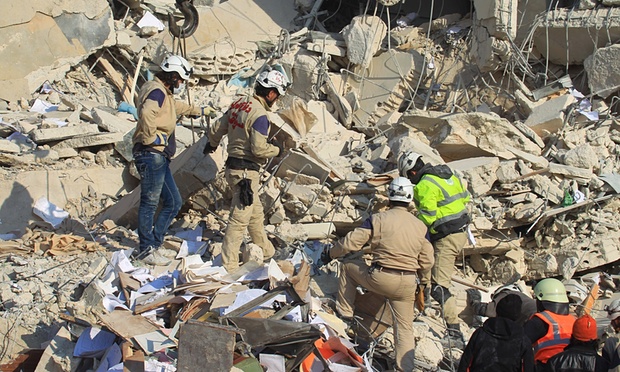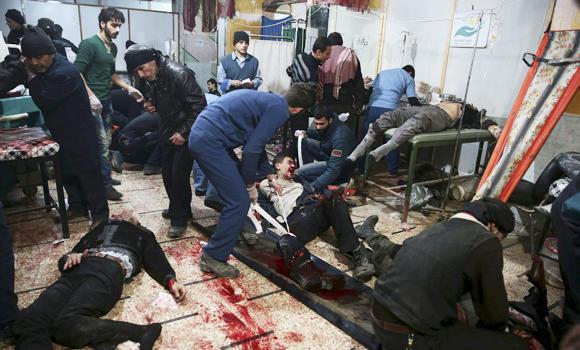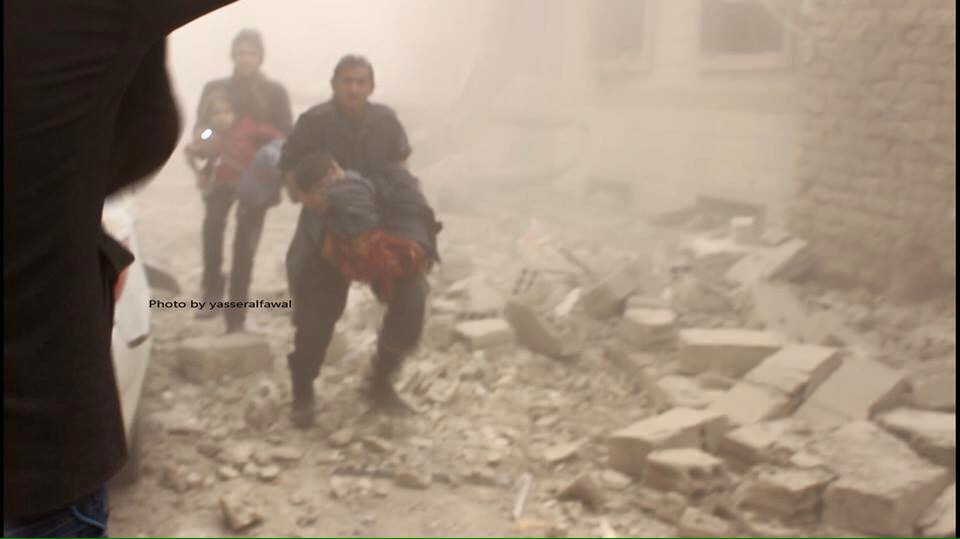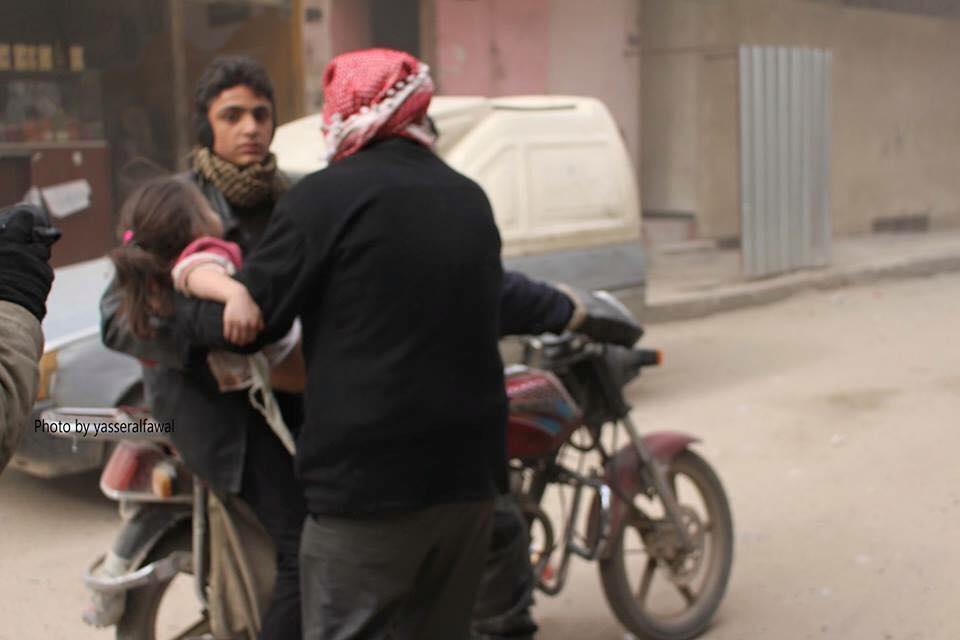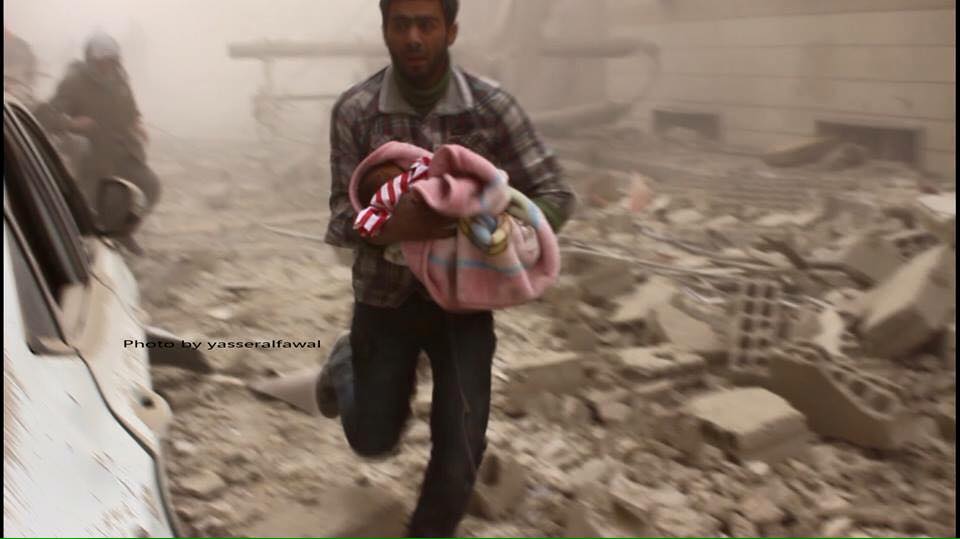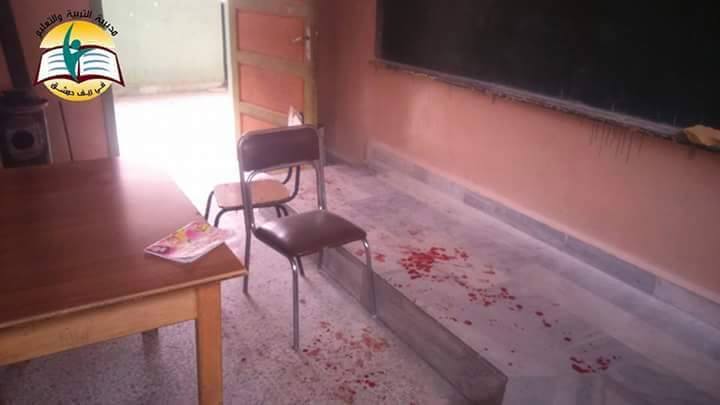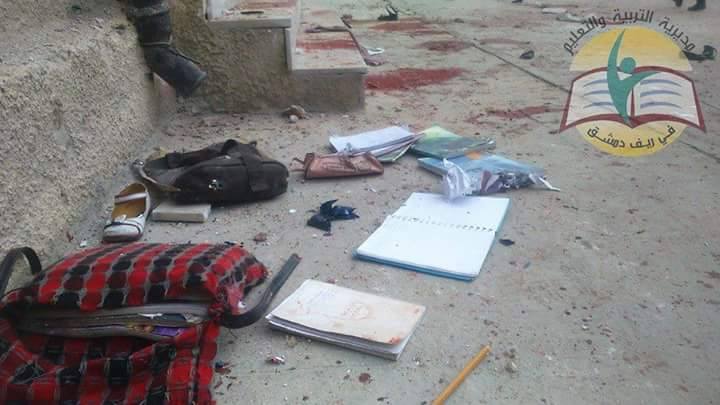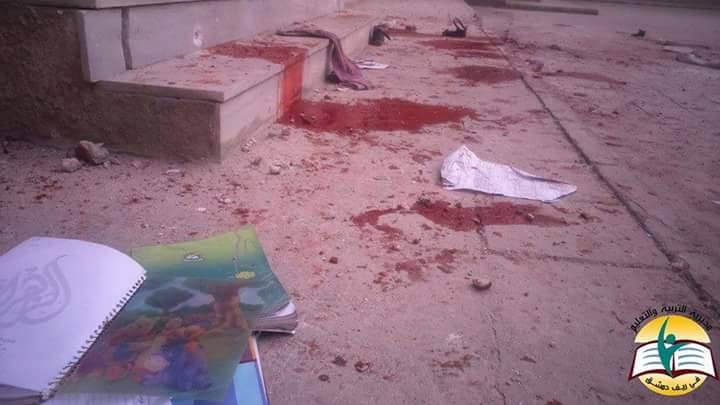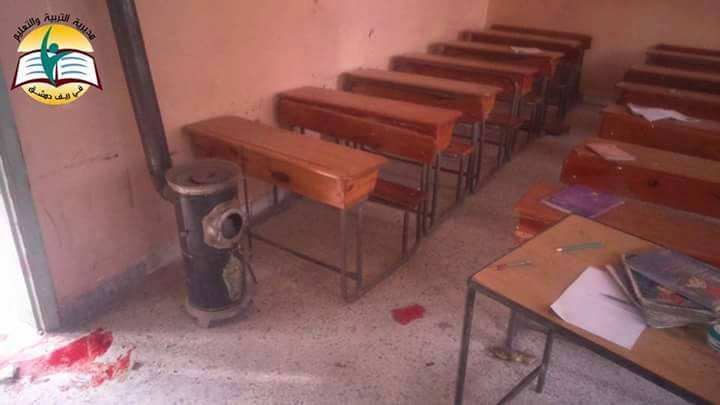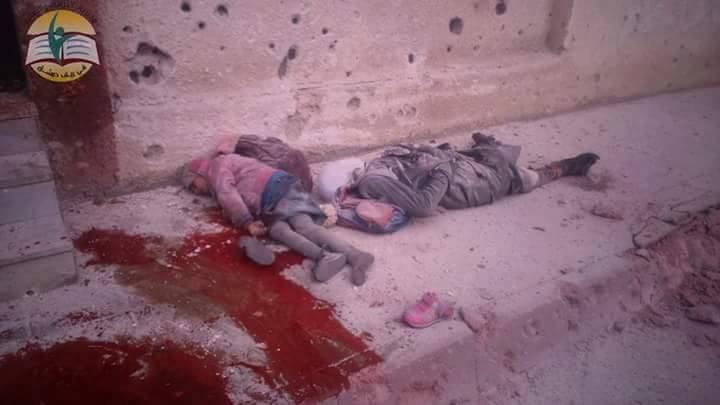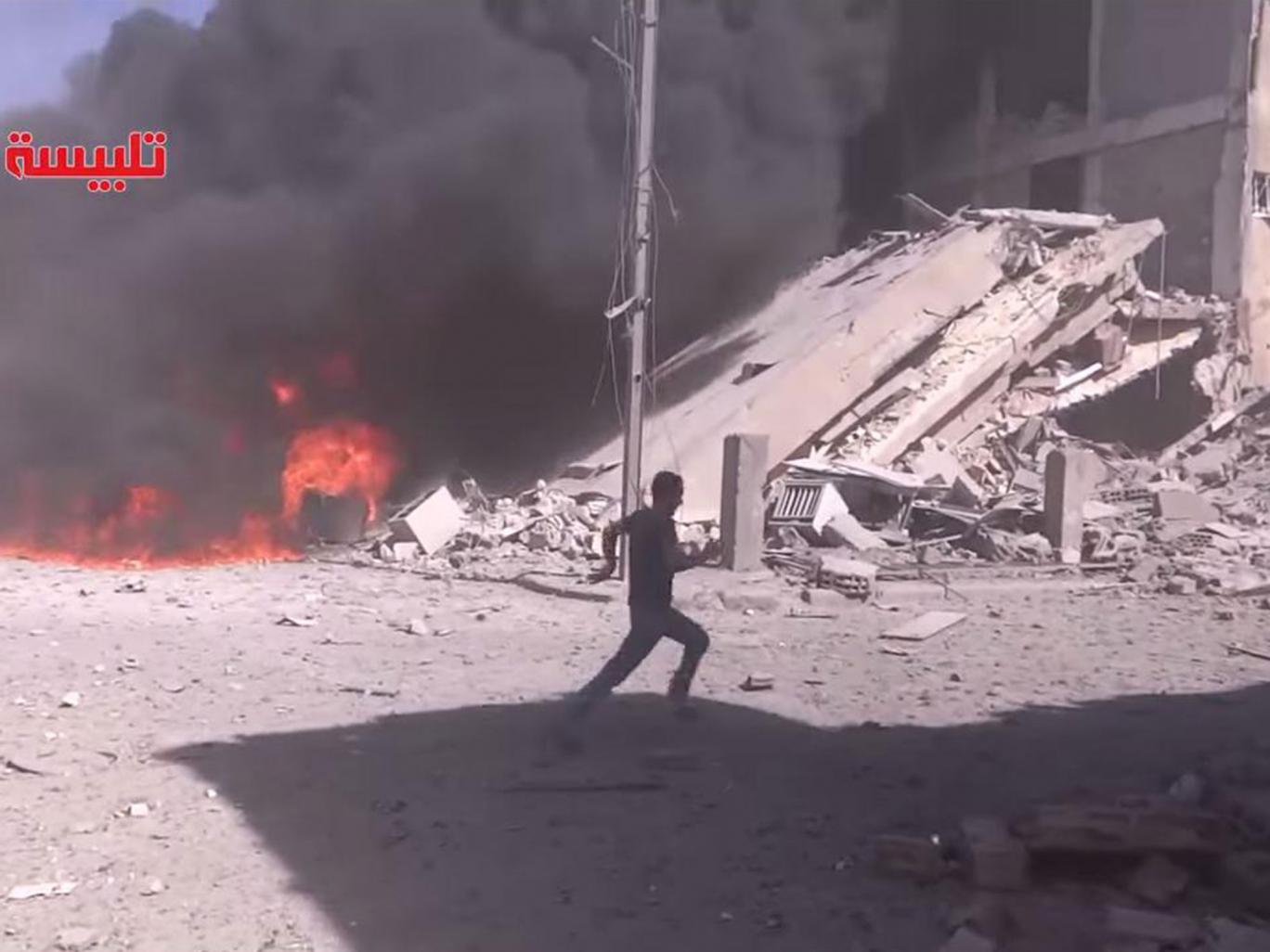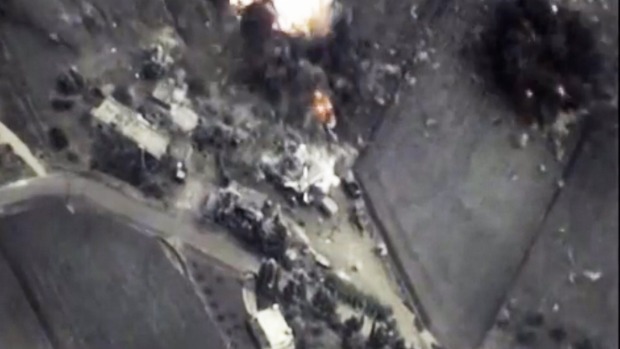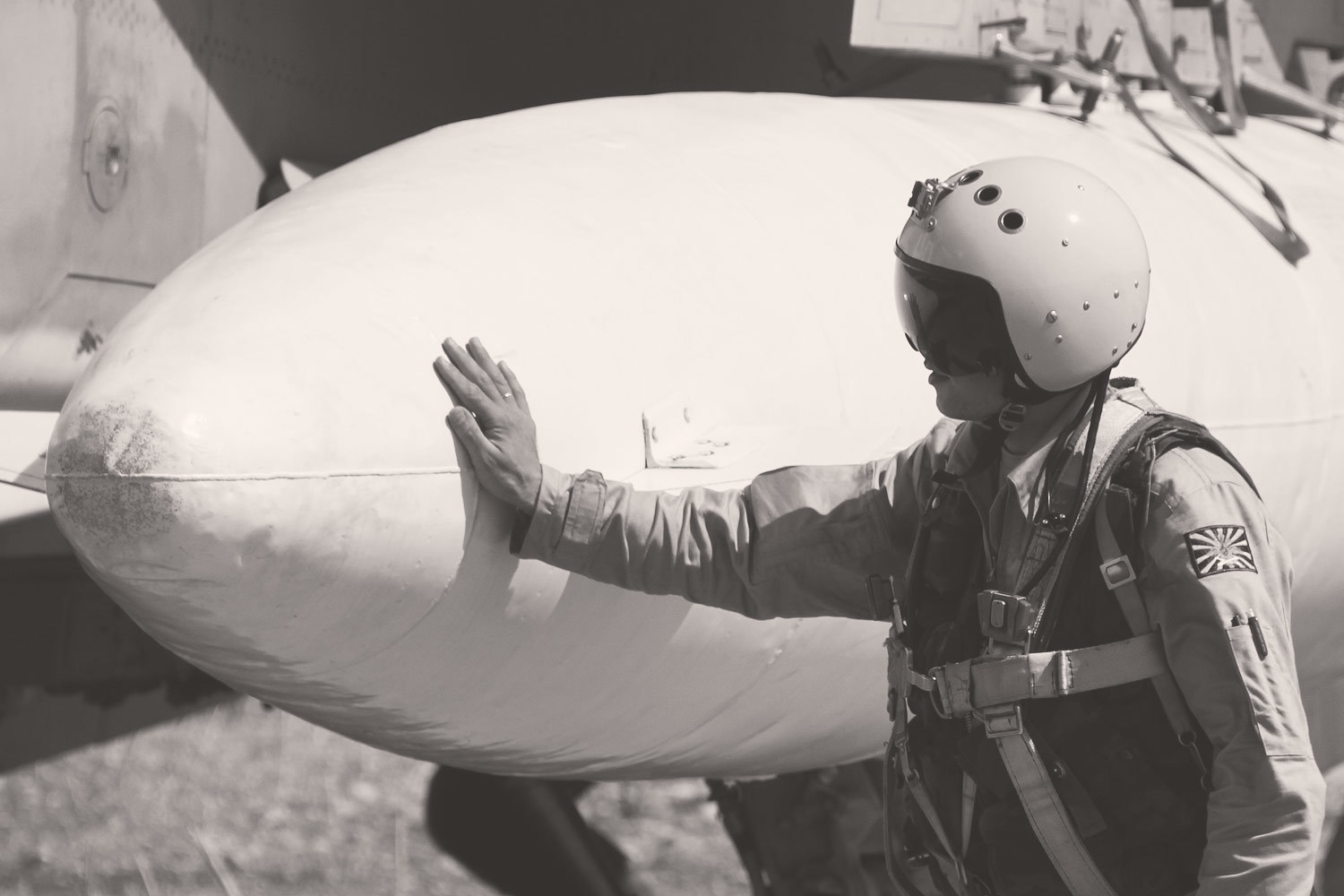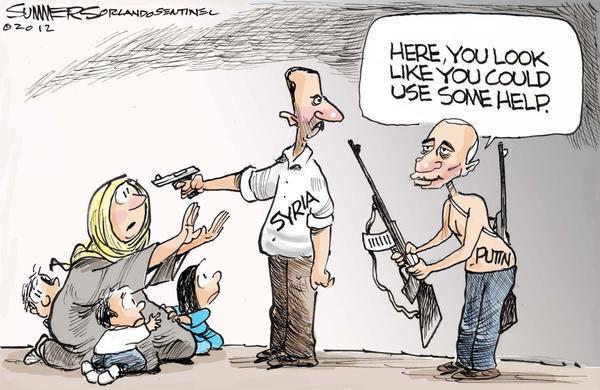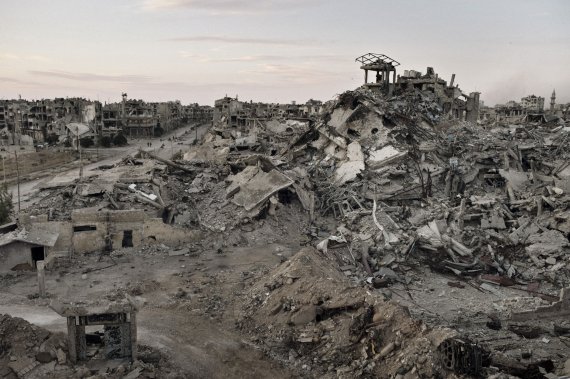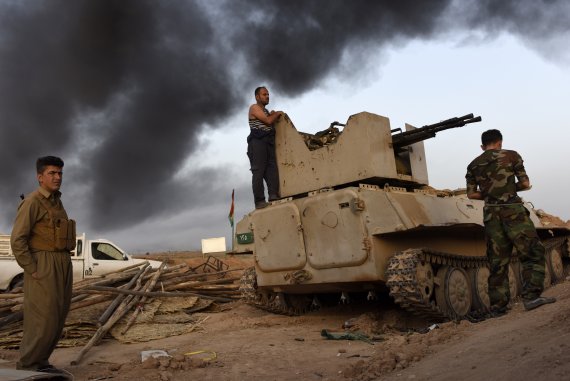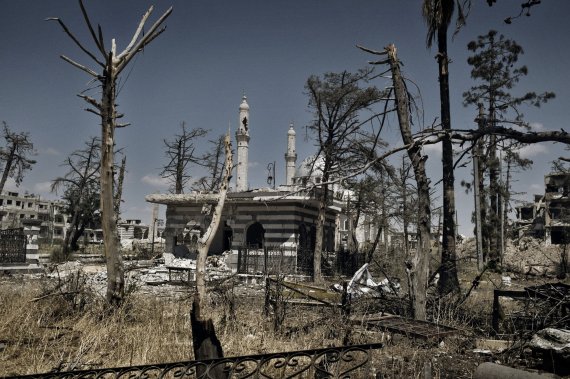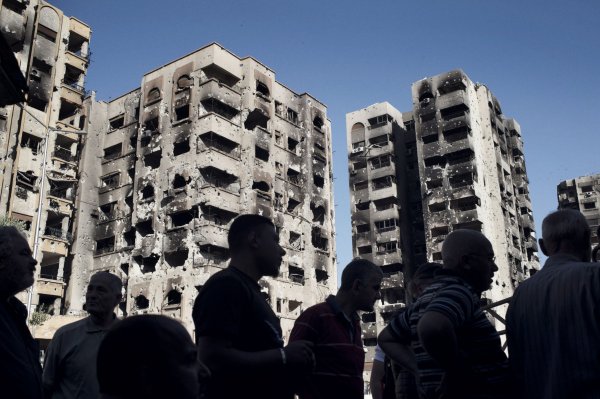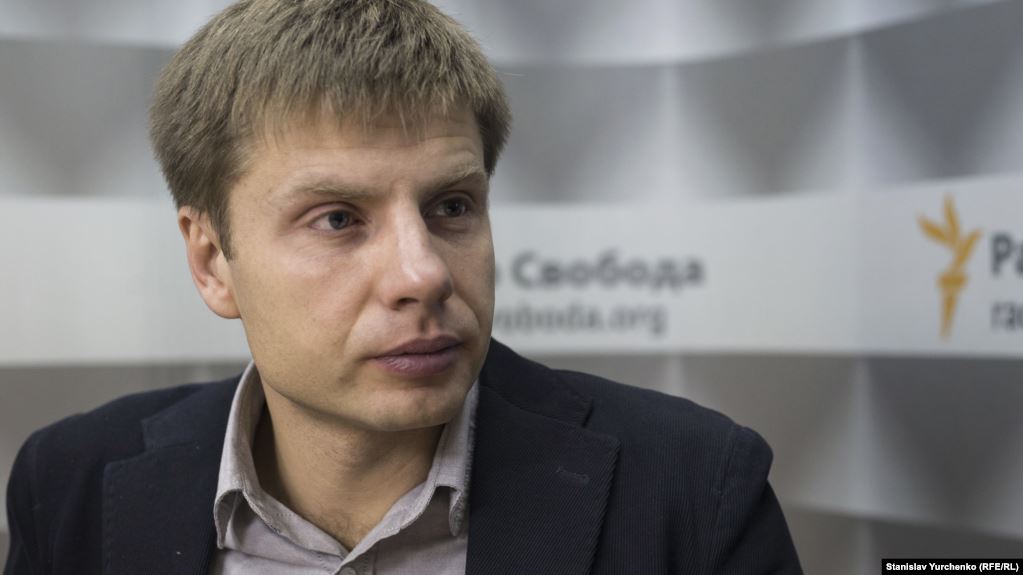The decision of US President Barack Obama to go along with Vladimir Putin on Syria represents a betrayal of the Syrian opposition the US had supported and that should serve as a warning to the Ukrainians that Washington under its current leadership could betray them at any time, Andrey Piontkovsky says.
In his first interview after fleeing the Russian Federation where he likely faced prosecution at the insistence of Chechnya, the Russian commentator outlines to Apostrophe’s Svetlana Sheremetyeva his fears about the interrelationships of Syria, Ukraine and the future of Russia.
Piontkovsky begins by saying his own problems reflected the power of Chechnya and Ramzan Kadyrov and the willingness of Moscow to go along with them lest the situation in the North Caucasus deteriorate still further. Indeed, he says, it is the latest confirmation of what he has long warned about: that Russia is now part of Chechnya rather than the other way around.
Kadyrov “knows that the siloviki have hated him for a long time because they believe that Putin stole the victory from them by giving so much power to Kadyrov and his militants,” Piontkovsky says. Kadyrov tries to demonstrate his loyalty to Putin, his only support, but often does it in ways that only exacerbate his problems in Moscow and with Russians more generally.
Putin also goes along because he needs war and the appearance of victory in war to maintain himself, the Russian commentator says. And consequently, “the most probable explanation of what is occurring is the preparation of society for a full purge of those who are called the fifth column or the so-called liberals by the introduction of martial law.”
In short, Piontkovsky continues, Putin must “gradually prepare the population morally for a [new] great terror.”
Chechnya may again play a role in this, he says. “All of [Putin’s] legitimation rests on the notion that he ‘won’ the Chechen war.” Consequently, “to declare Kadyrovan enemy now, to remove him as the siloviki want, means to recognize that Putin has deceived us all these 15 years and that all his policy has failed.”
The Russian siloviki want Kadyrov out, he says; and “they are using the murder of Nemtsov which they themselves organized” as an occasion. In short, what is happening in Moscow now is “a very sharp political conflict,” one far more intense than the one “between [Prime Minister] Yatseniuk and [President] Poroshenko” in Kyiv.
As regards Syria, Piontkovsky says, Putin and Assad have won at least a tactical victory, getting Obama to accept their position that there should be a ceasefire declared even though they insist that they will not stop killing “terrorists” who they define as anyone who opposes the Assad regime.
There are no ISIS forces in Aleppo, but rather “the pro-Western opposition to Assad.” And yet Putin bombed and Assad attacked it, and Washington has gone along. As a result, “Aleppo is becoming a symbol of the crimes of Assad, Putin, Obama and Kerry just as Sarajevo was the symbol of the crimes of Milosevic and the silence then of the West and the UN.”
What Assad, Putin “and unfortunately the US, which has in fact joined them” are doing in Syria is not a struggle with ISIS but work towards its strengthening.” And that must become “a useful lesson for Ukraine.”
Ukraine needs Western support and has some, albeit far less than it requires or should be given. “But the behavior of Obama and Kerry in Syria should serve as a warning [to Ukraine] that these people will be capable of betraying you at any moment.”
The evidence for that is not only to be found in the ceasefire accord but also in Washington’s efforts to restrain Türkiye in the face of Moscow’s provocations. “Both Brussels and Washington are warning Türkiye that it cannot count on Article 5” in this conflict.” That is hardly “the role of an ally.” Instead, it helps weaken NATO and helps Putin as well.
Putin is playing poker with the West, Piontkovsky says; and he has won a number of “tactical victories.” But those very victories “pave the way to an enormous strategic defeat,” given the realities of the Kremlin’s losses in Ukraine and ultimately in Syria, as well in the eyes of Russians, he continues.
When these perceptions will lead to protests or even a revolution is difficult to say, Piontkovsky suggests, recalling that Lenin in February 1917 said that he and the older generation would not live to see the revolution only to learn the same day that it had broken out over bread shortages in Petrograd. When something similar will occur is hard to predict.
As for himself, Piointkovsky says, he will continue his work because it depends on his computer and Skype and not on where he happens to be living at any particular time.





